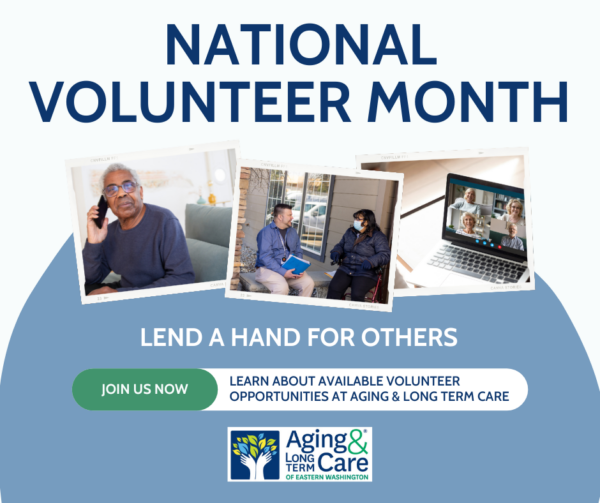Family Raising Family: Kinship Caregiver
What is a Kinship Caregiver?
Are you a grandparent or other family member raising a relative’s child? If so, you are a kinship caregiver, and you are not alone. Over 35,000 people in Washington state are caring for a relative’s child. The financial, legal, and emotional challenges of raising a family member’s child can be tough, but help is out there.
The Importance of Kinship Caregivers
Kinship caregiving often comes in the form of emergency care for children whose parents are not able to take care of them, and often without warning. Kinship caregiving is widely seen as a better choice than foster care as kids are able to experience their cultural and family traditions. Children are also able to live with familiar adult role models, in recognizable surroundings, and build relationships that will last a lifetime.
Kinship caregivers often face many challenges in their role. Many of these challenges include financial stress, accessing information and resources, and navigating the legal system.
What is the Kinship Caregiver Support Program?
The Kinship Caregiver Support Program helps family members who are raising a relative’s child. This program helps caregivers locate resources, navigate governmental systems, and access funding for the child. Financial help can also be provided to those who are income-eligible to meet a variety of short-term needs. For more information, please check out the links at the bottom of this page.
What is the Kinship Navigator Program?
The Kinship Navigator program serves as a one-stop shop for kinship caregivers and is especially helpful for those who are already financially stretched. The role of the Kinship Navigator is to connect kinship caregivers to community resources and information, help navigate governmental systems, provide support, avoid crisis, and establish greater stability needed to keep the children out of foster care. Almost all kinship care families qualify for some services or benefits, but many are unaware of this. Kinship Navigators will not only help you discover these services, but also explain how to apply. For more information, please check out the links at the bottom of this page.
Resources for Kinship Caregivers
Click on the following links to view some of the nonprofit and government-sponsored organizations that provide helpful information for caregivers.
Washington Law Help Aging and Long-Term Support Administration Legal Options Benefits and Services Publications/Additional links Washington State Department of Social and Health Services Generations United
Who to Contact: For Spokane County, contact the Frontier Behavioral Health Raschko Branch at 509-458-7450 Option 2.
Note: For Ferry, Stevens, and Pend Oreille Counties, go to Rural Resources Community Action.
For Whitman County, go to The Council on Aging & Human Services.


